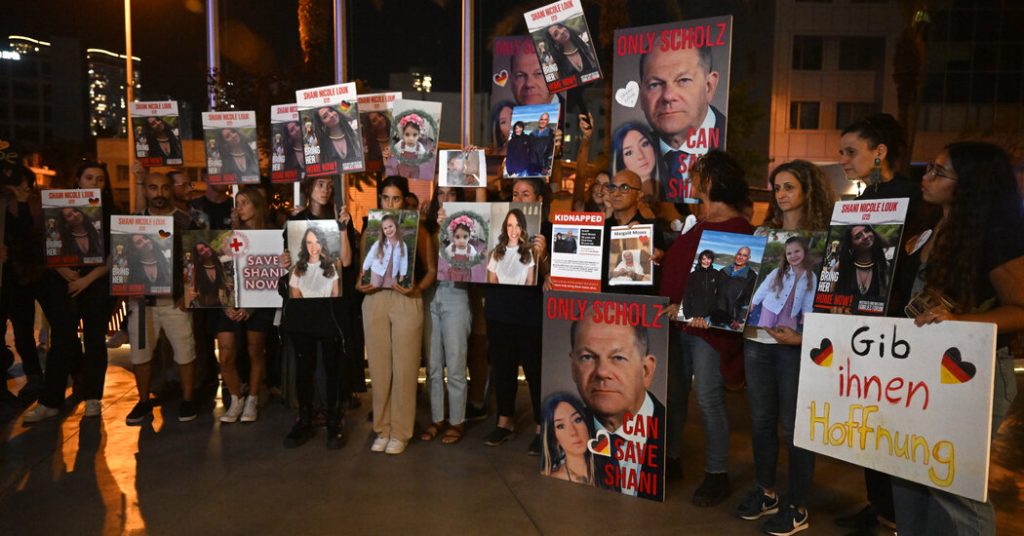Days after Hamas launched its Oct. 7 attacks on Israel, Germany’s chancellor, Olaf Scholz, expressed strong support for Israel, declaring that Germany stands alongside the country. However, with Israel’s deadly offensive continuing in Gaza, Scholz has started to question whether the costs justify the goals. The increasing death toll and the threat of famine in Gaza have led German officials to reevaluate their unwavering support for Israel, which has been rooted in a sense of national atonement for the Holocaust.
The hardening of Germany’s stance against Israel is partly in response to concerns over Israel’s military actions in Gaza, particularly its intention to enter Rafah. Germany’s shift is also aligned with the evolving position of its most important ally, the United States, which has shown growing displeasure with Israel’s actions. Berlin’s concerns are heightened by the need to maintain friendly relations globally to pursue its own interests, such as navigating deals with Egypt or supporting measures against Russia.
Germany, like the US, aims to be a supportive friend to Israel while ensuring that it does not lose international backing by going too far. However, Germany’s strong support for Israel has undermined its credibility in criticizing authoritarian governments like Russia for human rights violations. This shift in perception is particularly pronounced in developing countries, which have criticized Germany’s stance on international humanitarian law during conflicts like the one in Gaza.
The public opinion in Germany regarding Israel’s military actions has also shifted, with recent polls showing a majority of Germans questioning the justifiability of Israel’s actions. Outspoken citizens have confronted Chancellor Scholz about the perceived contradictions in Germany’s foreign policy, calling for more meaningful actions to protect civilians in conflict zones like Rafah. Despite the change in tone, Berlin’s actions are likely to remain symbolic unless tougher measures are taken by the US.
Germany’s policy adjustments include restoring funding to the main U.N. agency aiding Palestinians, UNRWA, which was initially suspended due to allegations of employee involvement in the Oct. 7 attack. The decision to resume funding for areas outside Gaza indicates a modest shift in Germany’s position, with officials suggesting that the funding may be reinstated by May. However, some experts believe that the damage to Germany’s credibility in terms of human rights advocacy may already be done, requiring a period of damage control to restore trust in Germany’s foreign policy decisions.


